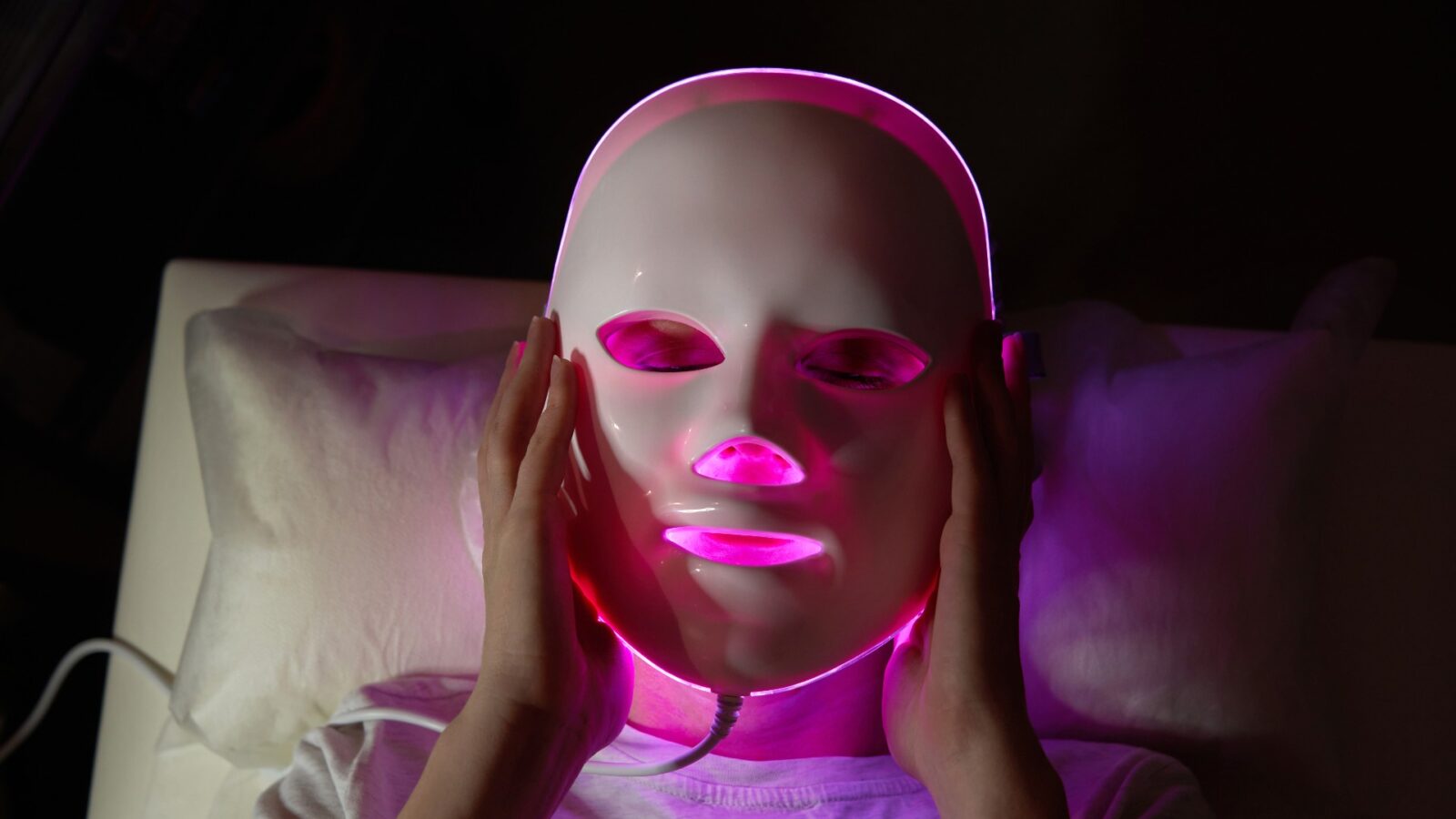
Youth is such a funny thing. When we’re young, we spend most of our time wishing to be older: old enough to go to school, old enough to drive, old enough to drink, and so on. Then things change dramatically and a lot of us spend our time wishing we were young again.
I’m a huge believer that first and foremost, ageing is a privilege. It’s not something that everyone gets to experience, and my advice to those struggling with ageing is always to try to embrace it and the amazing things it allows and represents.
But I do understand that many people want to hang onto the feeling of youth and for a lot of people, that actually means looking younger. Youth is synonymous with the way we look when it comes to modern-day society, and that can pack a tough punch when it comes to how we think about, and look at, ourselves sometimes. And you only need to shop online or pop into your local chemist to see that there’s no shortage of products and treatments that promise to help you keep a youthful appearance — or even get it back.
So which treatments actually work, and which ones are what I call “bottled hope’”— the ones that sell you a promise but not much more. Here are some of the most hyped anti-ageing treatments of the moment and a bit of a breakdown of truth versus marketing spin.

This is one that’s really taken off in recent years, and you’ve likely seen it in supermarkets, chemists, online and on television. Collagen that’s ingested through tablets, powders and even drinks is sold as being the new fountain of youth for better-looking skin, hair, nails and more. Unfortunately, the science here doesn’t go much further than the shiny label that covers that bottle. Collagens are proteins that, yes, help make up our skin, ligaments and other important areas of the body. Like other proteins we drink or eat, collagen is broken down by the gut into its constituent parts. There’s a notable lack of any real evidence to show that collagen is absorbed or preferentially delivered to the areas we want it in, and so sadly these are more hype than help.

These masks have been all over social media for a few years now, but there aren’t studies to prove what they actually claim. What we do know is that there’s no way an at-home treatment can deliver the infrared level delivered in a clinic, which is what you’ll realistically need to treat any condition that has you worried. Right now the only masks that are making a difference are the ones helping stop the spread of Covid. So I’d recommend we pop one of those on, instead.

Topical Vitamin A has been conclusively proven to be capable of reprogramming cellular function, which keeps skin healthier as well as looking younger, so skincare products offering vitamin A are a good option here. One thing to keep in mind is that you should start using small amounts of vitamin A before reaching for stronger formulations. As far as product types go, serums are your best bet when it comes to anti-ageing due to their potency. The highly concentrated formula is designed to be absorbed more quickly and deliver higher doses of ingredients — and Retinol is one proven to reduce inflammation, which can assist those worried about ageing skin.

It’s difficult to answer this one without a science lesson. Hyaluronic acid (HA) is naturally found in many areas of the human body, including the skin, and is one of the key substances that we lose in our skin as we age, taking with it plumpness, elasticity and hydration. So it makes sense that products that use HA claim to do so with the purpose of improving skin appearance. It’s vital to know however that most topical creams and moisturisers boasting HA contain molecules of it that are actually too big to penetrate the skin. That means that whilst most products containing HA will provide hydration on the surface, it won’t go much deeper than that.

For anyone worried about their weight, diet and exercise remain king (and queen) of how to slim down — and it’s key to call out that 2022 is prime time for knowing your worth is not in what you weigh. There’s no such thing as a magic wand when it comes to changing the shape of your body, and whilst less invasive procedures such as body contouring continue to rise in popularity, these types of treatments aren’t meant to be considered as weight-loss solutions. Procedures such as CoolSculpting claim to remove stubborn pockets of fat that don’t respond to diet or exercise in people who are already close to their ideal weight, and through freezing fat cells there’s some evidence that in the short term they offer modest results. But, if a change in general health is the goal, attacking things through diet and lifestyle choices will always be the best way to go.